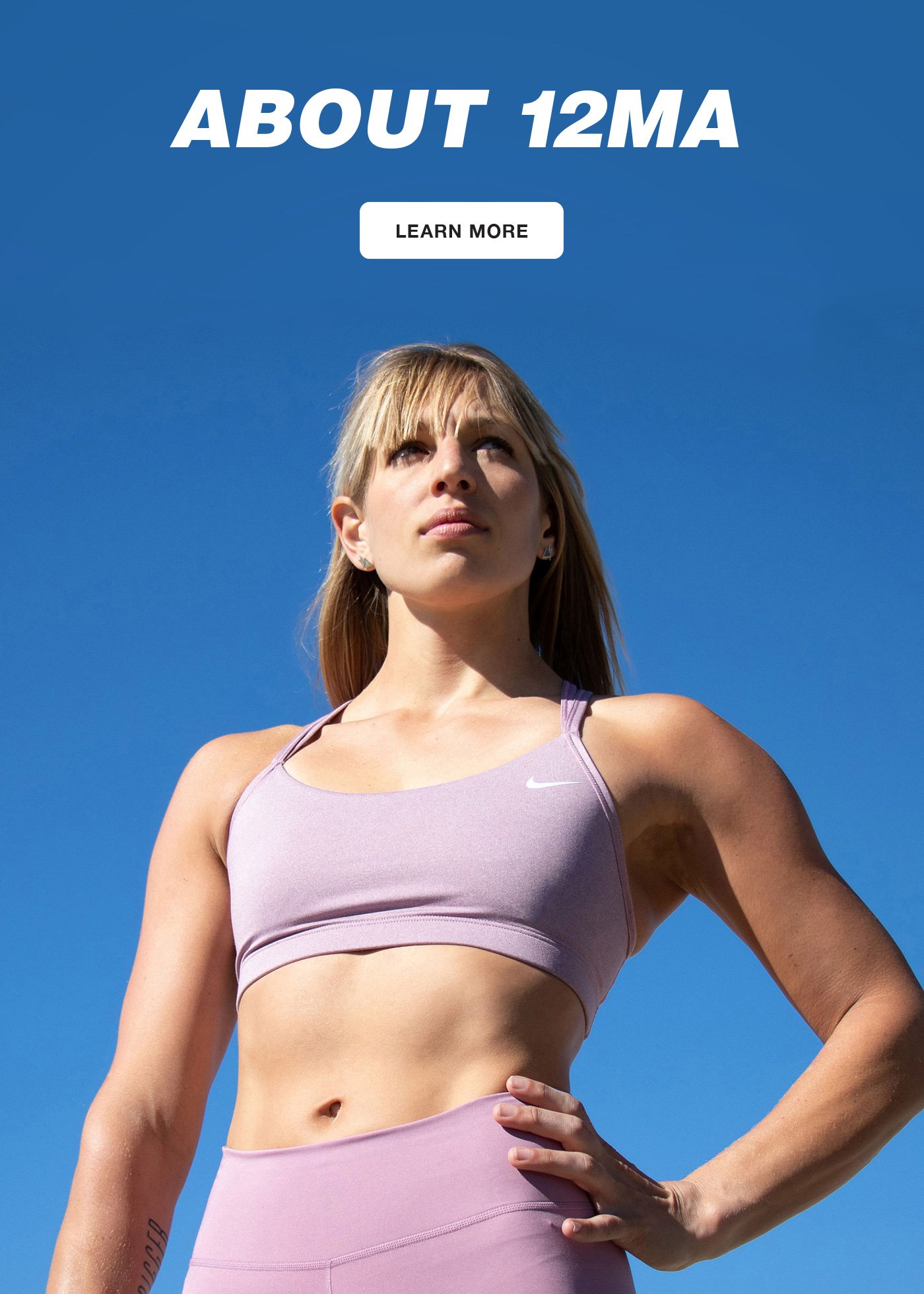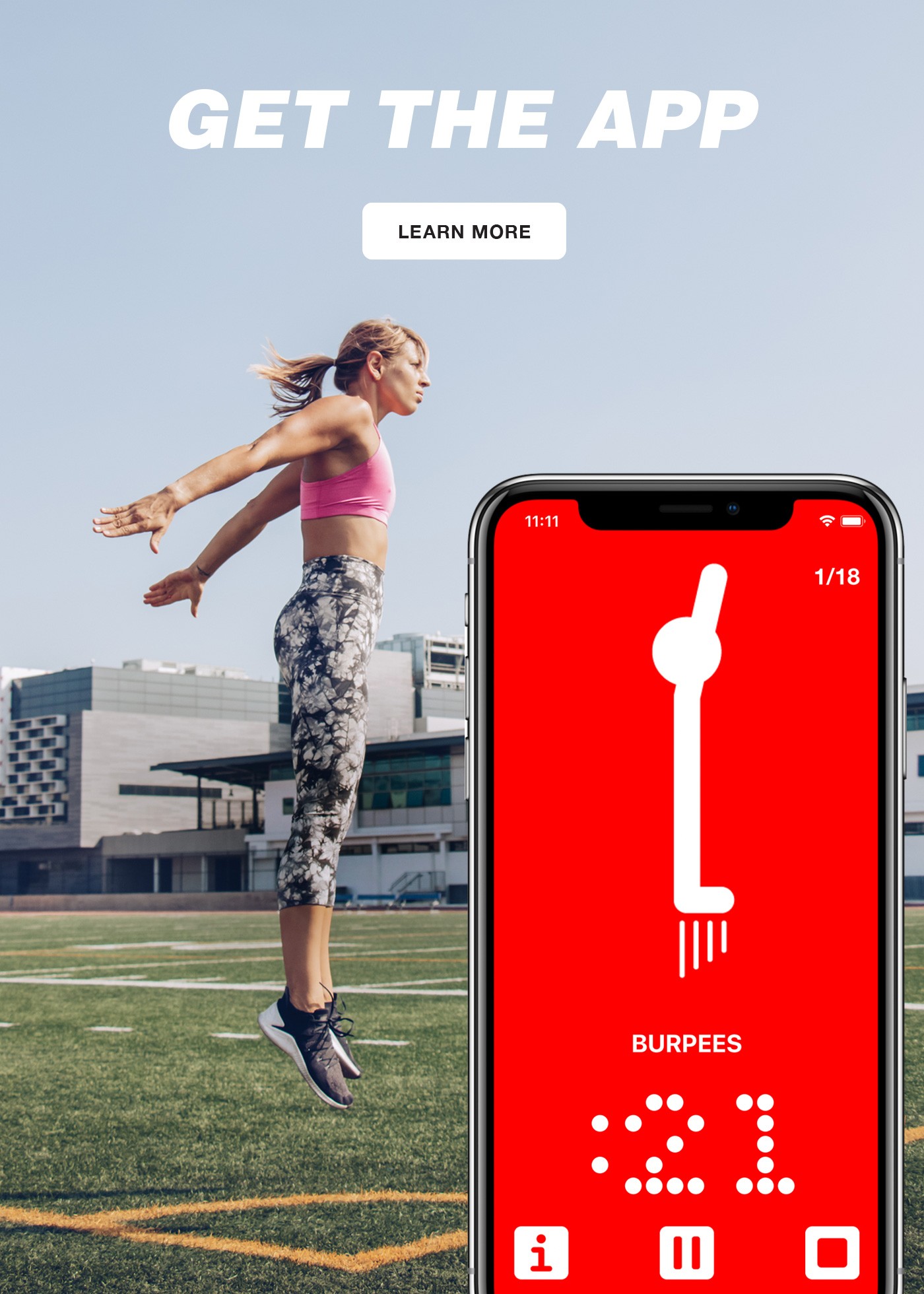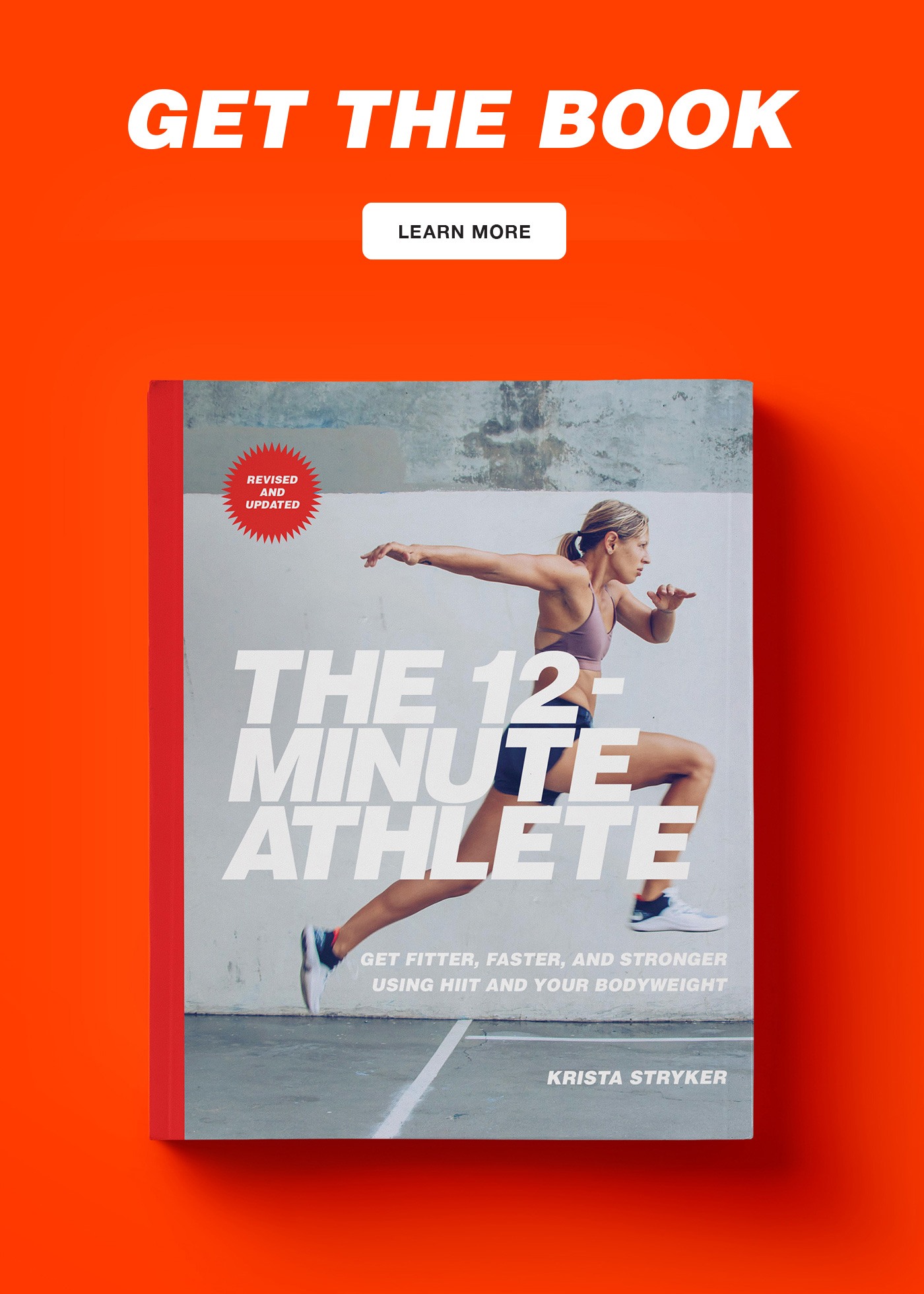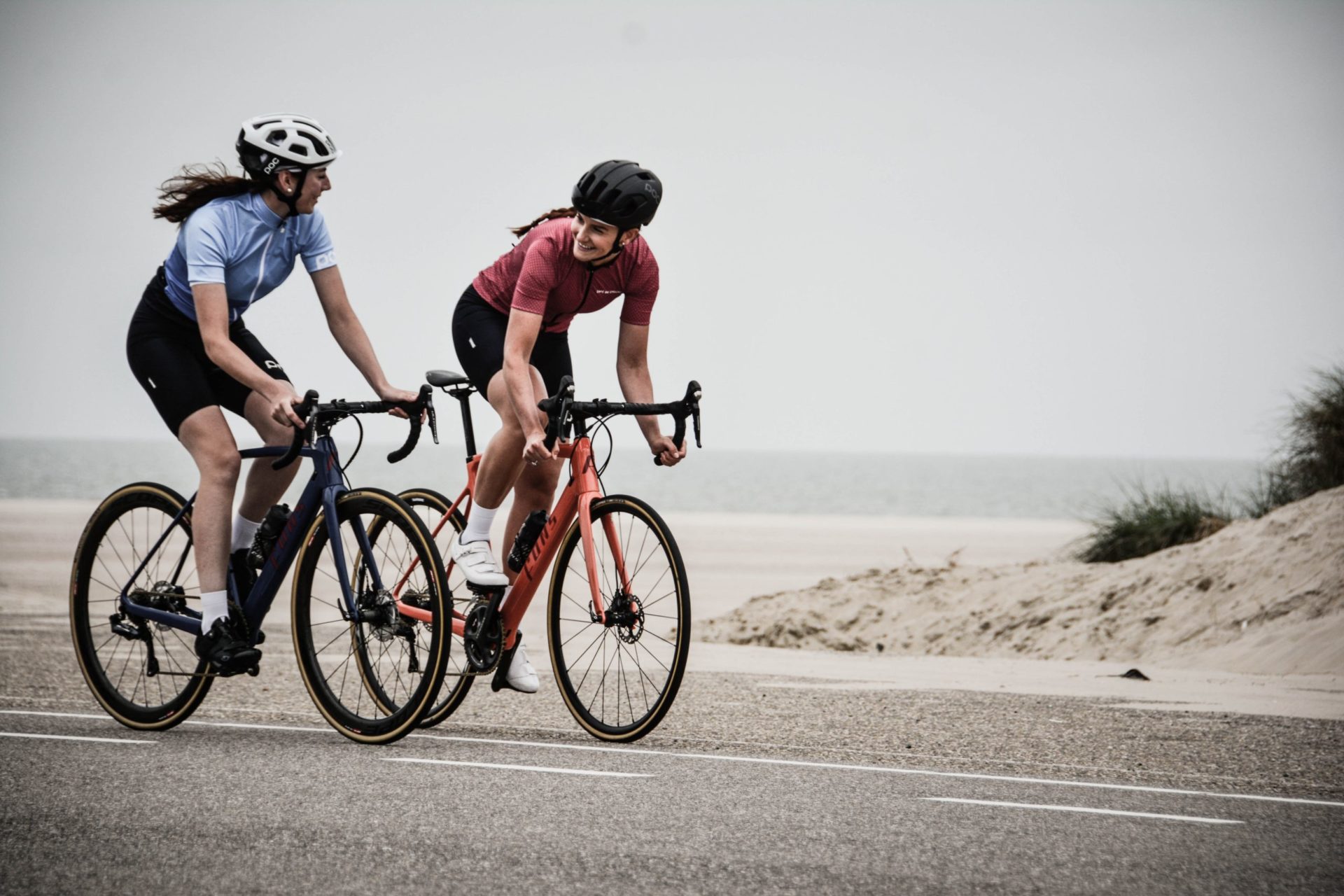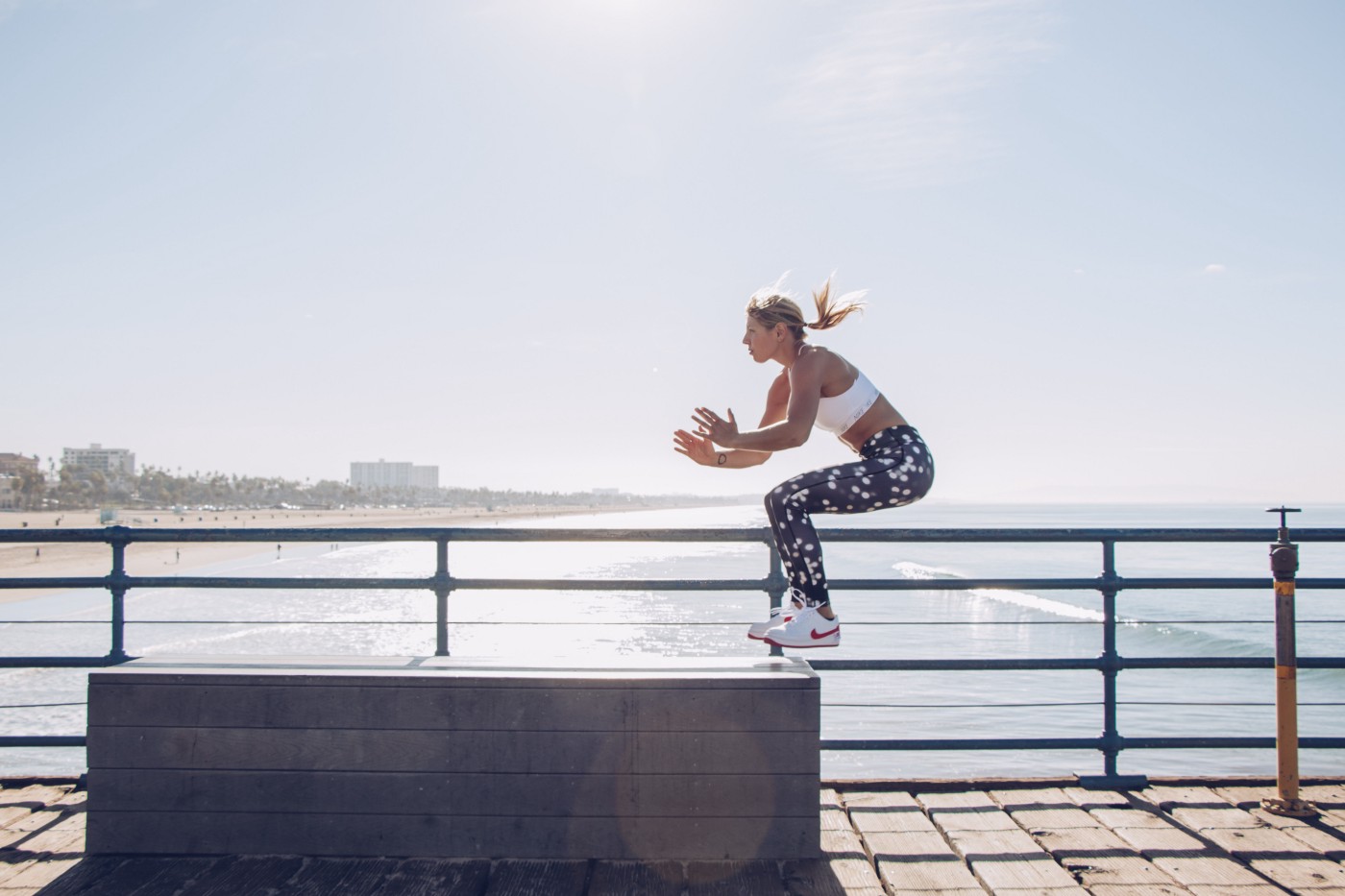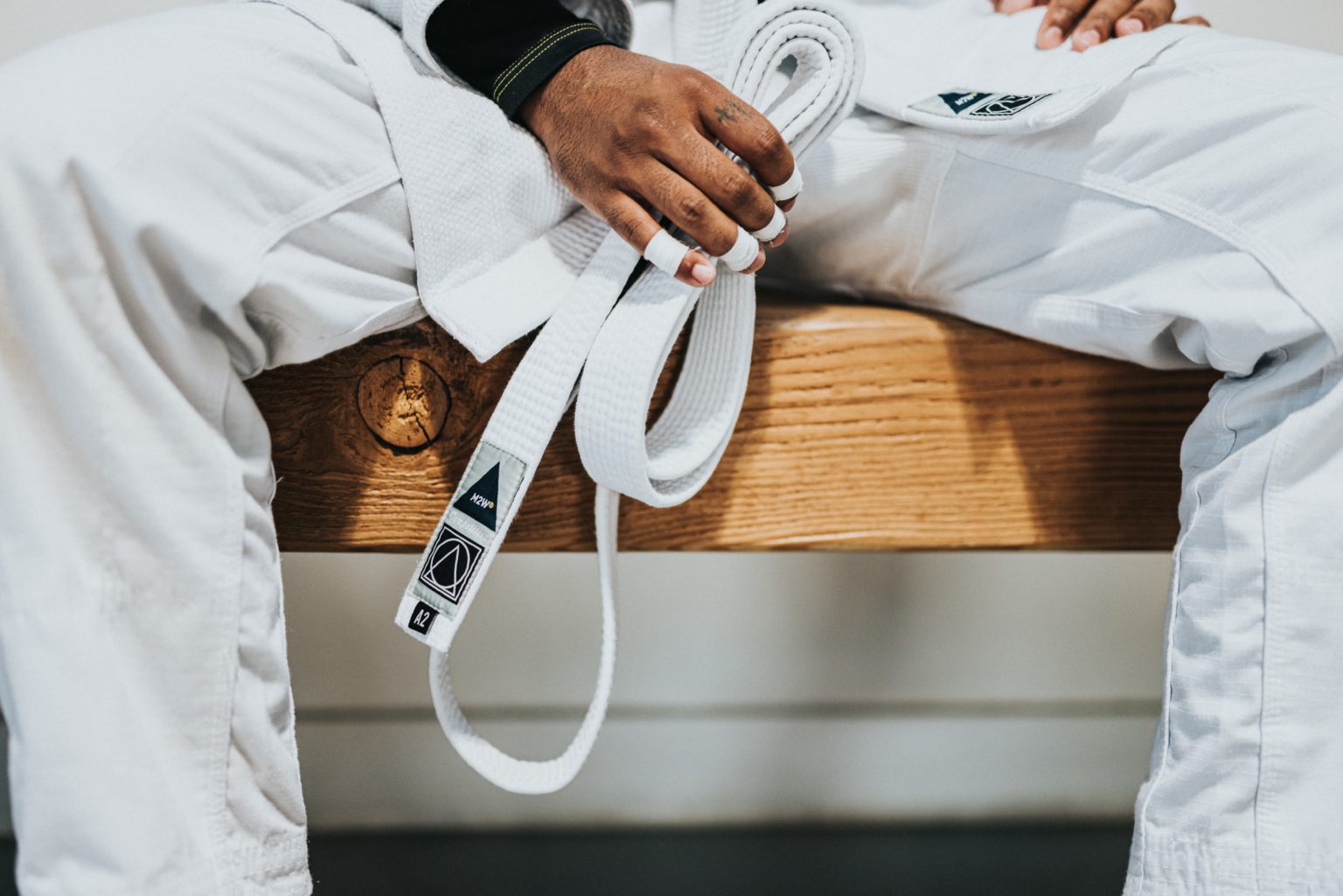
Recently, at my jiu-jitsu academy, the instructor began the class like this:
“I know you all want to be great. You want to make progress, fast. But always aiming for big gains is a mistake. They’re not going to happen very often. Instead, aim to get one percent better — every single day.”
And he’s right. When working toward any goal, we rarely make big leaps overnight. Instead, we should expect our progress to add up little by little over time.
Of course, this is easy to tell others and hard to practice ourselves. Each time I step onto the jiu-jitsu mat, I’m secretly hoping for a breakthrough. Instead, I have to remind myself that pushing myself just a little harder every day will eventually result in significant long-term progress.
Whether your goal is to become a better artist, musician, writer, or jiu-jitsu athlete, your focus should be less on the big gains and more on small, daily, incremental progress. Here are three things to pay attention to when trying to get better at any craft:
